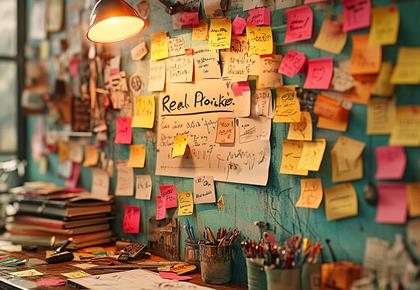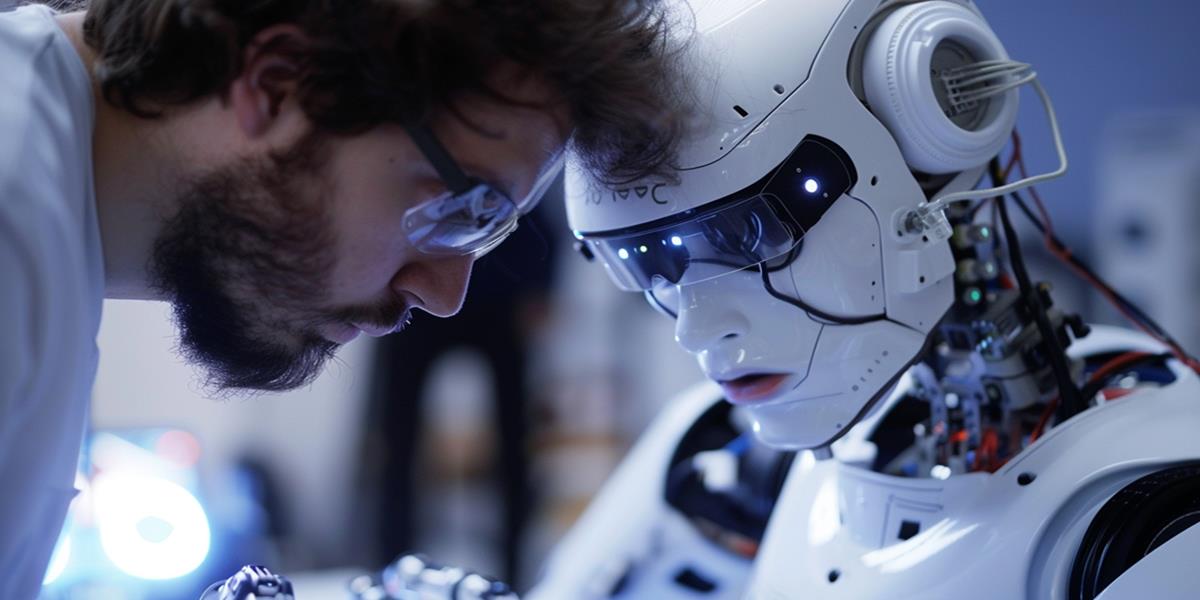1. Healthcare Professionals
AI is revolutionizing healthcare by providing tools that help diagnose diseases faster and more accurately. For doctors and nurses, AI can sift through massive amounts of data to find patterns that humans might miss. This means they can catch illnesses earlier and offer tailored treatments, improving patient outcomes and saving lives. Plus, it gives healthcare professionals more time to focus on patient care rather than paperwork.2. Customer Service Representatives
Customer service is getting a facelift with AI chatbots and virtual assistants. These AI tools can handle a wide range of customer queries quickly and efficiently, 24/7. This doesn’t replace human agents but supports them by taking care of routine questions, allowing the human reps to tackle more complex issues. It leads to happier customers and less stress on the agents.3. Farmers and Agricultural Workers
AI in agriculture is all about precision and efficiency. With AI-driven analytics, farmers can monitor crop health, soil conditions, and weather patterns, making informed decisions that boost yield and reduce waste. It means less guesswork and more productivity, ensuring food production keeps pace with our growing population.4. Educators and Trainers
AI can personalize learning like never before, adapting to each student's pace and style. This helps teachers by providing them with tools to better understand each student's needs, allowing for tailored instruction. It can also take on administrative tasks, freeing up teachers to spend more time engaging with their students directly.5. Financial Analysts
AI shines in spotting trends and making predictions in big data. For financial analysts, this means AI can crunch numbers at an unprecedented scale, uncovering insights that might take humans much longer to find. This can lead to smarter investment decisions and better financial advice, with analysts using AI as a powerful tool to guide their strategies.6. Manufacturing Workers
AI in manufacturing is all about smart automation. Robots can handle repetitive tasks with precision, while AI systems manage supply chains and predict maintenance needs. This not only makes production lines more efficient but also safer for workers, as they’re less likely to need to perform dangerous tasks.7. Logistics and Delivery Personnel
AI optimizes routes in real-time, saving fuel and time for delivery drivers and logistics personnel. This technology can also predict delays and adjust plans on the fly, ensuring goods arrive as quickly as possible. It’s not just about speed; it’s about making the whole supply chain more reliable and efficient.8. Marketing Professionals
AI tools can analyze consumer behavior and predict trends, giving marketers a leg up in creating effective campaigns. By understanding what people want, marketers can tailor their messages and reach the right audience at the right time. This means better results for businesses and more relevant ads for consumers.9. Urban Planners and Environmentalists
AI helps in modeling and simulating various scenarios for urban development and environmental conservation. This allows planners to make informed decisions that balance growth with sustainability. For environmentalists, AI can monitor changes in ecosystems and track wildlife, providing data to help protect our planet.10. Security Professionals
AI enhances security by detecting threats more efficiently than ever before. From cybersecurity software that can predict and neutralize hacks to surveillance systems that recognize suspicious behavior, AI is a powerful ally in keeping people and their data safe. It supports security professionals by providing them with the tools to anticipate and respond to threats quickly.Why we care?
In each of these fields, AI doesn’t take away jobs but rather enhances them. It automates the mundane, predicts the complex, and personalizes the standard. The future of AI allows humans to focus on what they do best: being creative, making nuanced decisions, and building personal connections.
Are you brainstorming your way to a great startup idea? You might be doing it all wrong. Here’s what most founders miss

Starting a business to escape burnout? You might be trading one grind for another. Here’s the truth nobody tells you about being your own boss.

Paul Graham’s golden rule for startups: Do things that don’t scale. 🤔 Confused? Don’t be—here’s why your unscalable efforts today lay the foundation for massive growth tomorrow.

Myth busted: You don’t need a mountain of cash to start a business! Learn the truth behind 10 common myths about entrepreneurship

STOP blaming inflation! Discover the types of inflation, why some are necessary, and what really drives prices up.

Ever wonder if having a big-name founder means a startup is bound to succeed?

